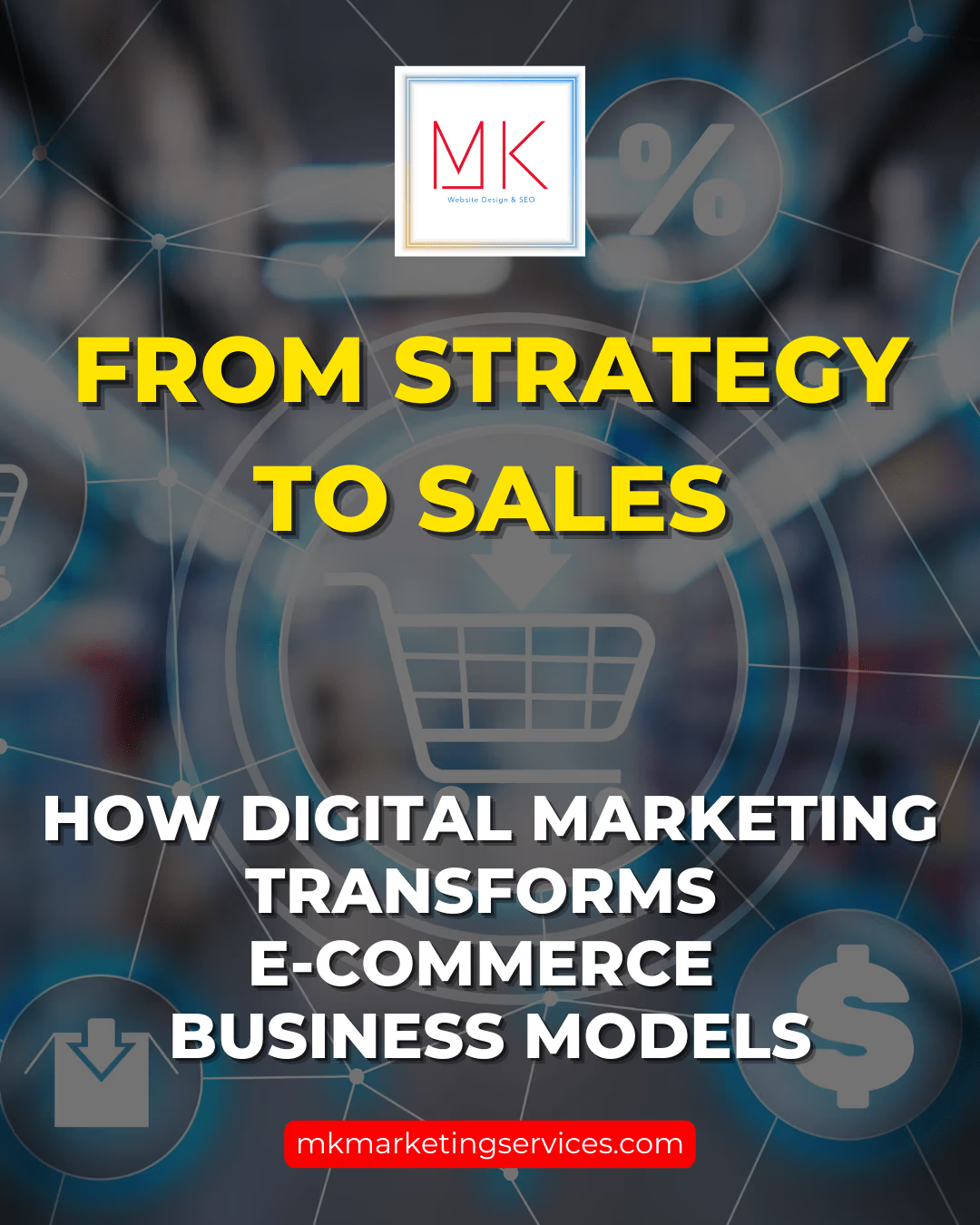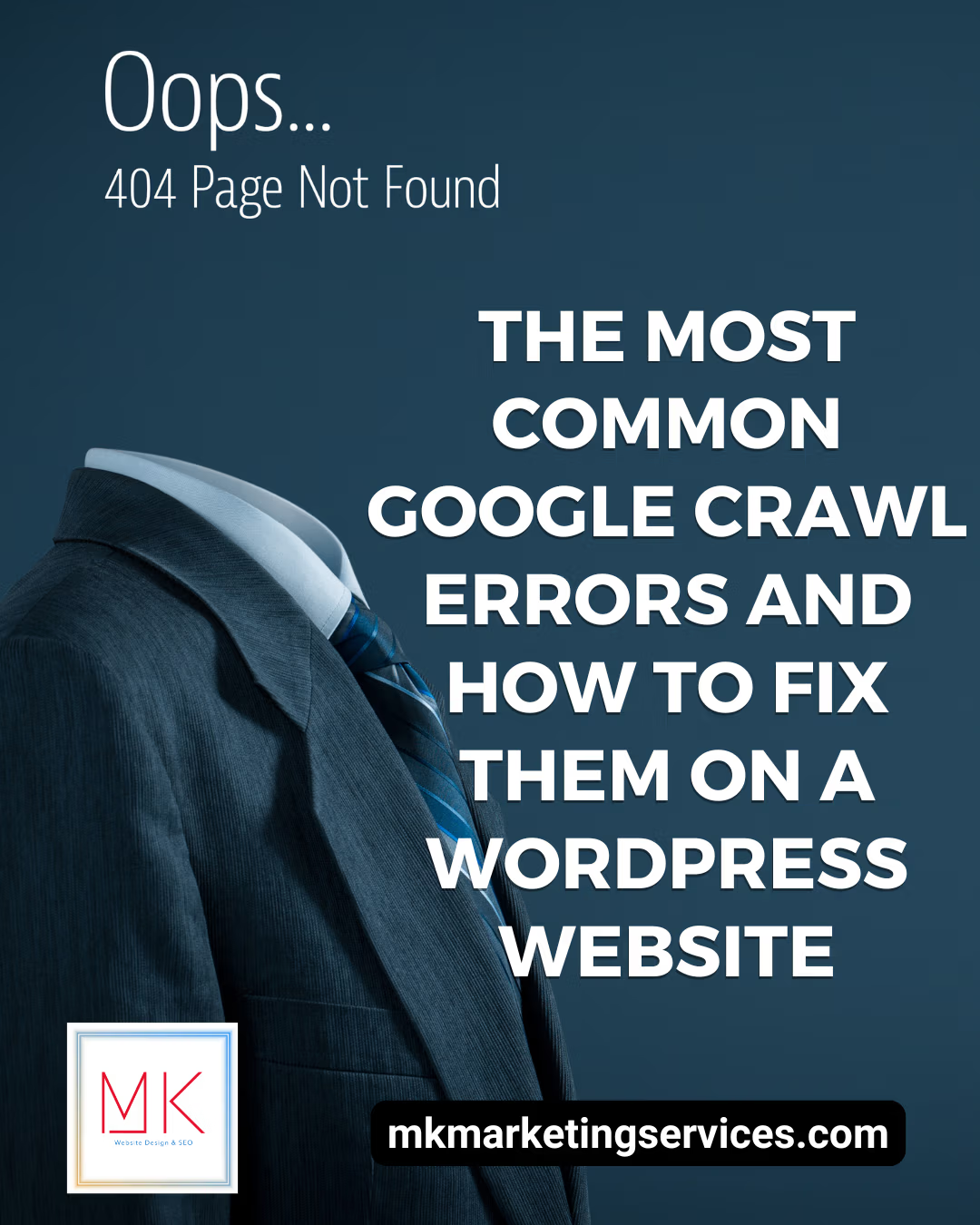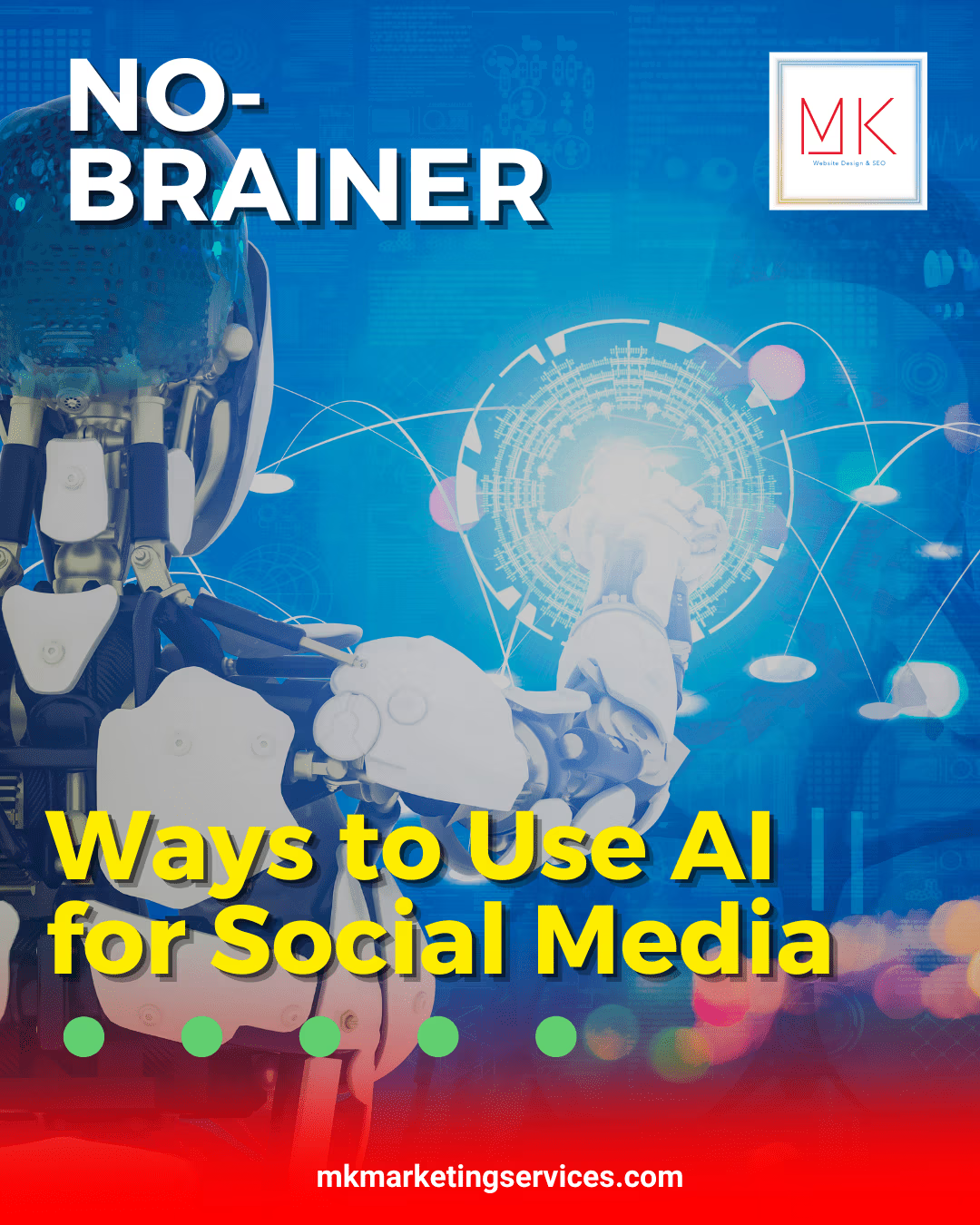How will digital marketing affect the future of e-commerce? Companies in the modern digital age must be flexible since everything changes. The success or failure of e-commerce platforms depends heavily on digital marketing. Internet technology has allowed companies to reach customers in ways that were previously unimaginable. Considering the meteoric increase in online shopping, businesses have had to reevaluate their consumer outreach, product sales strategies, and loyalty programs. However, what role does digital marketing play here? Turning the conventional e-commerce scene into a digitally thriving one is crucial because it affects client acquisition and brand identity development.
Customer Acquisition Through Digital Marketing
Any online store’s survival depends on its ability to attract new consumers. Many resources are available to you through digital marketing that may help you do this task effectively. Companies may directly contact their target audience using social media campaigns, pay-per-click (PPC) advertising, and search engine optimization (SEO). Businesses may avoid squandering their marketing budgets by refining their plans with the help of data analysis and tracking. Not only does this aid in attracting potential buyers, but it also guarantees that these people are a good fit for the product. You need to employ these digital marketing methods to differentiate yourself and attract new consumers in the increasingly crowded e-commerce sector.
Improved Customer Engagement
To turn interest into revenue, customer involvement is essential. With digital marketing, online stores may connect with consumers on a more individual level than in the past. For instance, companies may engage in real-time conversation with customers, answer their queries, and provide help through social media platforms. Email marketing campaigns can aid in relationship building by tailoring material to each user according to their actions. Businesses may boost customer loyalty and repeat purchases by creating meaningful connections. An online store’s success is proportional to its client engagement level.
Personalized Shopping Experiences
One essential component of contemporary e-commerce is the rise of individualized buying experiences, primarily made possible by digital marketing. Data and analytics allow companies to personalize customer experiences by delivering information, suggestions, and promotions that are relevant to each consumer. Since consumers are more inclined to interact with items catering to their tastes and requirements, this degree of customization improves the likelihood of turning a visit into a purchase. To provide a more relevant shopping experience, technologies like AI and ML are being employed increasingly to monitor user actions and provide personalized information. From their first visit to the online store to the final checkout, personalization helps make the customer’s trip smooth and easy.
Boosting Brand Awareness
A well-known brand is crucial for every business but is more critical in the competitive internet industry. An essential part of increasing brand awareness and recognition is digital marketing. Online retailers may greatly benefit from the increased visibility of influencer collaborations, social media, and content marketing strategies. The best way for businesses to attract customers and make a lasting impression is to share exciting and high-quality material with them. To further guarantee that the brand’s message reaches the correct individuals, digital marketing initiatives may be targeted to demographics. To succeed in e-commerce in the long run, exposing people to a brand online as often as possible is essential. This will increase the likelihood that they will trust the company.
Enhanced Customer Retention
After acquiring consumers, a company’s next hurdle is to keep them as clients. Through the promotion of enduring connections, digital marketing may significantly increase client retention rates. Online stores keep consumers returning with loyalty programs, targeted email promotions, and re-targeting advertisements. Businesses may learn more about their customers’ buying habits and develop more tailored rewards to get them to buy from them again. Additionally, companies may use social media to maintain contact with their clients, which keeps them interested and loyal. An essential part of any e-commerce company model should be digital marketing methods aimed at client retention, as it is frequently more cost-effective to hold on to current consumers than to get new ones.
Seamless Integration with Technology
Online shopping has been transformed by incorporating digital marketing strategies into various technological platforms. Businesses may use tools like WooCommerce Private Store to build safe, personalized shopping spaces for specific customers. With this connectivity, companies may target particular groups of customers with exclusive offers, discounts, or tailored content. Online stores may provide personalized service by using the power of digital marketing in tandem with cutting-edge innovation. A company’s ability to manage its digital marketing and grow its e-commerce operations is greatly improved by technological advancements, which also improve the consumer experience.
Mobile Optimization and Its Role in E-commerce
Digital marketing must change to accommodate the growing number of people who buy online using smartphones. Due to the increasing number of clients who want to purchase on the go, mobile optimization has become an essential component of every successful online store. Websites and marketing campaigns run by digital agencies should be mobile-friendly as part of their overall strategy. This category includes advertisements on social media, app-based marketing, and mobile-friendly email layouts. Improved conversion rates and more sales can result from firms optimizing for mobile consumers by making purchasing more straightforward and accessible. Businesses should make mobile optimization a top priority in their digital marketing plans since mobile e-commerce is only going to get bigger.
Social Media’s Impact on E-commerce
Social media marketing is becoming a must-have component of online stores’ digital strategy. Social media sites like Instagram, Facebook, and TikTok have millions of users, providing a valuable opportunity for businesses to promote their products and engage with customers more personally. You may boost sales and brand awareness with the help of social media ads, influencer partnerships, and user-generated content. Businesses may interact with consumers in new ways and tap into new markets by exploiting the social media arena. Insights about consumer tastes and habits shared on social media can help companies fine-tune their approach.
Analytics and Data-Driven Decision Making
When it comes to digital marketing, data and analytics are king. Online retailers can see exactly what customers are doing and where they fall short because every encounter can be monitored and recorded. With digital marketing, you can monitor your campaign’s success, website traffic, and consumer actions in real-time. Google Analytics and similar technologies allow companies to optimize their marketing campaigns based on data. Businesses may enhance their campaigns’ efficacy, pinpoint target audiences, and spot trends by studying consumer data. E-commerce enterprises may accomplish their goals more quickly with data-driven marketing since it boosts sales and efficiency.
Role of Content Marketing in E-commerce
Content marketing is one of the most essential parts of digital marketing for online stores. Businesses must provide high-quality and relevant content to attract and engage their target audience. Social media postings, videos, product descriptions, and blog entries fall within this category. Brand credibility, consumer trust, and search engine optimization (SEO)-driven organic traffic are all outcomes of content marketing. Customers are more inclined to buy and return when they see valuable and instructive material. One of the most essential ways content marketing helps companies engage with their audience on an emotional level and build connections is through storytelling.
Conclusion
These days, no e-commerce company can afford to ignore digital marketing. Digital marketing changes how businesses function online by acquiring and retaining customers, raising brand recognition, and personalizing the consumer experience. The tactics that power digital marketing will also change as technology does. To succeed in today’s cutthroat e-commerce industry, companies must prioritize data-driven marketing, customization, and mobile optimization. In the dynamic world of online shopping, digital marketing plays a crucial role in translating strategies into sales and achieving success in the long run. Growth, adaptation, and success in the digital era await businesses adopting these techniques.













